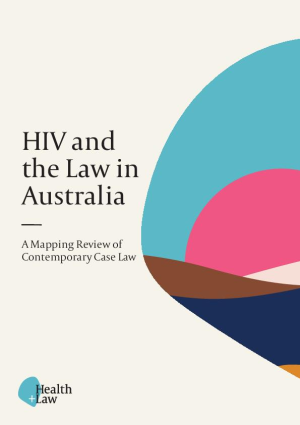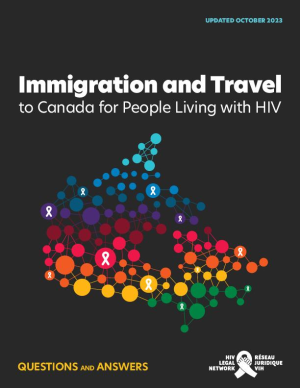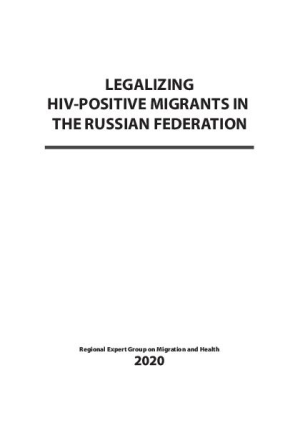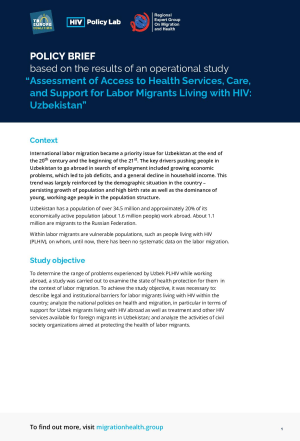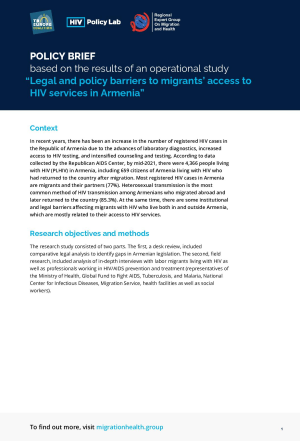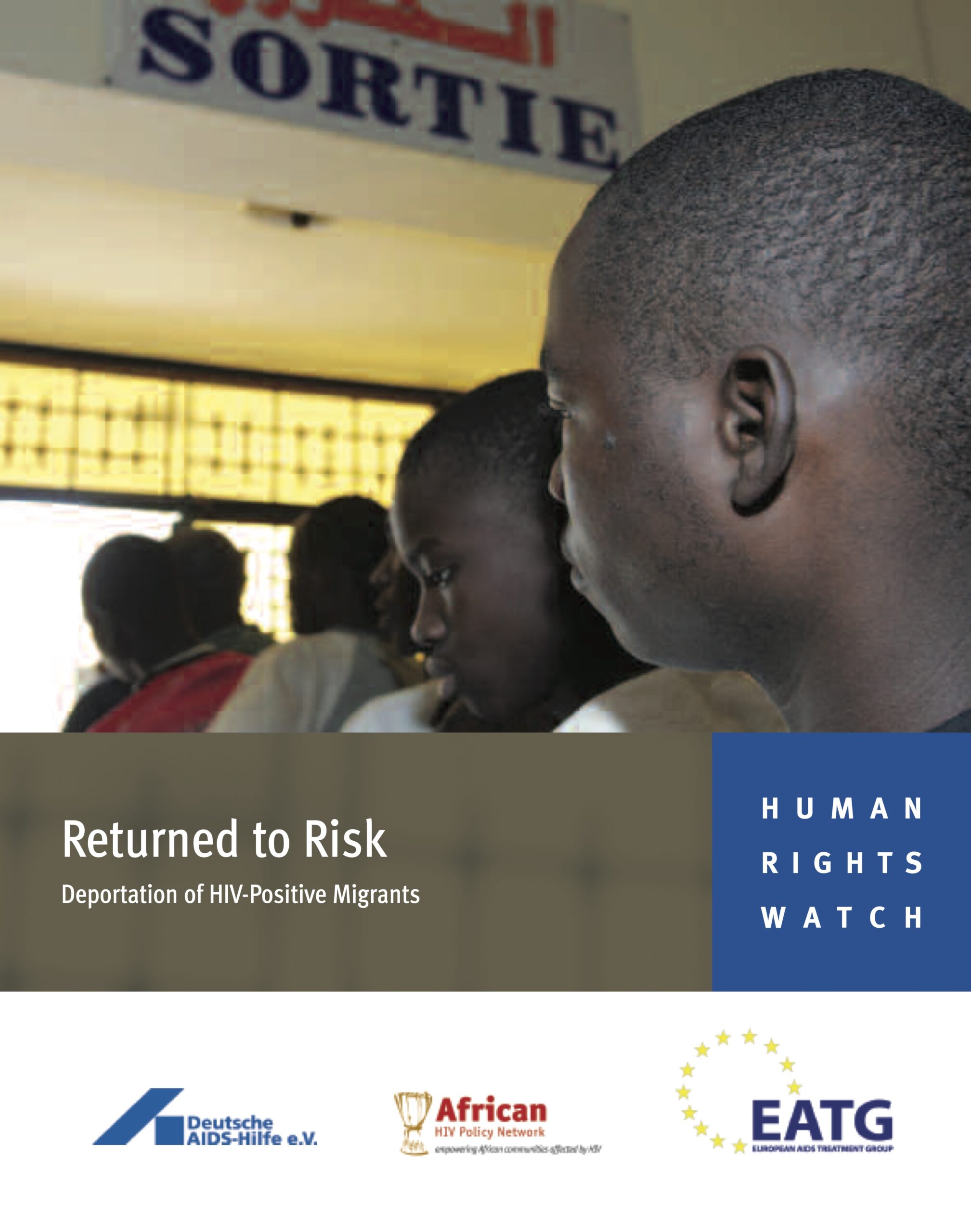The Legal Environment
HIV and the Law in Australia: A Mapping Review of Contemporary Case Law
This report shows that HIV-related legal matters arise across a spectrum of both public and private law, including anti-discrimination law, wills and estates, and tort law. In this review, 281 relevant records from all Australian jurisdictions were uncovered spanning a wide range of areas of law. Migration law was an area where a significant number of HIV-related cases were identified, demonstrating a clear relationship between HIV status and the determination of visa-related questions before a decision-maker or judge. Although the results reported here indicate that HIV-related legal matters extend well beyond those related to the criminal law, at the same time, the prosecution of people living with HIV for transmission-related offences remains a feature of the criminal law.
- Author
- David J. Carter, Anthea Vogl, Rhys Evans, James Brown, Hamish Robertson & Dion Kagan (2024)
- Reference
- (2024), Health+Law, Sydney
- Format
- Legal Case Studies
- Countries
- Australia
Immigration and Travel to Canada for People Living with HIV – Questions and Answers
In general, people living with HIV are allowed to travel and migrate to Canada. However, in certain circumstances, HIV status is a factor considered by the Government of Canada to decide if a person can enter or remain in Canada. This Q&A provides information on how Canadian immigration law and policy affect people living with HIV who wish to visit or live in Canada.
This guide is also available in Spanish
This Q&A describes Canadian immigration law and policy as of July 2023. From time to time, changes are made to the laws and regulations, and Immigration, Refugees and Citizenship Canada (IRCC) issues new directives to immigration officers. Immigration officers are allowed some discretion, which they may or may not use to the advantage of an applicant. Officers may also make mistakes in applying laws, regulations, and policies. In other words, the law may be applied unevenly, which could have a positive or negative effect on an application. Therefore, an application to enter or stay in Canada may not proceed precisely according to the procedures described in this Q&A. Please seek legal advice as appropriate (see the “Getting legal advice” section on page 12).
- Author
- HIV Legal Network
- Reference
- October 2023
- Countries
- Canada
Legalising HIV-positive migrants in the Russian Federation
- Author
- Regional Expert Group on Migration and Health
- Reference
- 202O
- Countries
- Russian Federation
Assessment of Access to Health Services, Care, and Support for Labor Migrants Living with HIV: Uzbekistan
Examines the state of health protection for migrants in the context of labour migration: describes legal and institutional barriers for labour migrants living with HIV within the country; analyses the national policies on health and migration, and analyses the activities of civil society organisations aimed at protecting the health of labour migrants.
- Author
- Regional Expert Group On Migration and Health
- Reference
- 2022
- Countries
- Uzbekistan
POLICY BRIEF based on the results of an operational study “Legal and policy barriers to migrants’ access to HIV services in Armenia”
Desk review, included comparative legal analysis to identify gaps in Armenian legislation. The second, field research, included analysis of in-depth interviews with labor migrants living with HIV as well as professionals working in HIV/AIDS prevention and treatment.
- Author
- Regional Expert Group On Migration and Health
- Reference
- 2021
- Countries
- Armenia
Returned to risk – Deportation of HIV Positive migrants
This report considers the deportation of HIV-positive migrants from countries worldwide and makes recommendations for national governments and international agencies. Case studies from South Korea, Saudi Arabia, the United Arab Emirates, South Africa, and the United States.
- Author
- Human Rights Watch
- Reference
- 2009
- Countries
- Global
